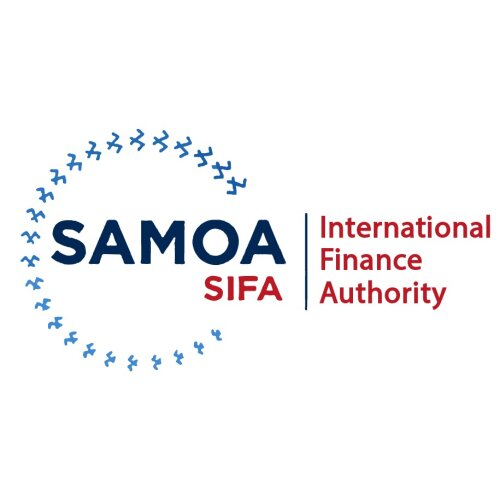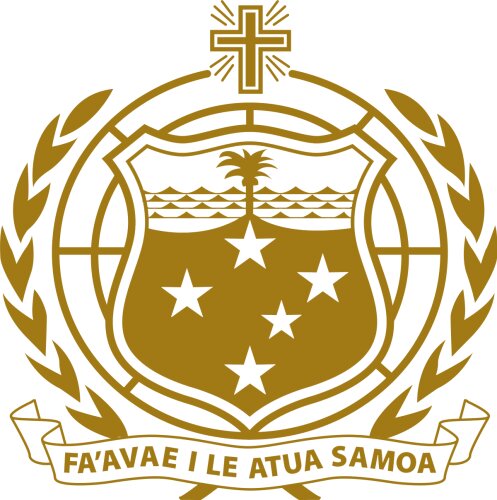Best Banking & Finance Lawyers in Samoa
Share your needs with us, get contacted by law firms.
Free. Takes 2 min.
Or refine your search by selecting a city:
List of the best lawyers in Samoa
About Banking & Finance Law in Samoa:
Banking and finance law in Samoa regulate the activities of financial institutions and businesses engaged in banking and lending services. These laws aim to maintain the stability of the financial system and protect consumers from fraud and unfair practices.
Why You May Need a Lawyer:
You may need a lawyer in the field of Banking & Finance in Samoa for various reasons, such as resolving disputes with financial institutions, understanding complex financial regulations, drafting legal documents, or seeking advice on investment opportunities.
Local Laws Overview:
In Samoa, the key laws relating to Banking & Finance include the Central Bank of Samoa Act, the Money Lenders Act, the Financial Institutions Act, and the Consumer Credit Act. These laws govern the operations of banks, financial institutions, money lenders, and regulate consumer credit transactions.
Frequently Asked Questions:
1. What are the regulatory requirements for setting up a bank in Samoa?
Any entity intending to establish a bank in Samoa must obtain a license from the Central Bank of Samoa and comply with the requirements set out in the Financial Institutions Act.
2. How can I protect my rights as a consumer when dealing with financial institutions in Samoa?
You can protect your rights by understanding the terms and conditions of financial transactions, seeking legal advice before signing contracts, and lodging complaints with the relevant authorities if you believe your rights have been violated.
3. What are the key responsibilities of the Central Bank of Samoa in regulating banking and finance activities?
The Central Bank of Samoa is responsible for issuing and revoking licenses for financial institutions, overseeing monetary policy, and maintaining the stability of the financial system in Samoa.
4. What are the penalties for non-compliance with banking and finance laws in Samoa?
Non-compliance with banking and finance laws in Samoa can result in fines, suspension or revocation of licenses, civil lawsuits, or criminal charges, depending on the severity of the violation.
5. What recourse do I have if I suspect fraud or misconduct by a financial institution in Samoa?
If you suspect fraud or misconduct by a financial institution in Samoa, you can report your concerns to the Central Bank of Samoa, the Financial Intelligence Unit, or seek legal advice on pursuing legal action against the institution.
6. Are there specific regulations governing digital banking and financial technology (fintech) in Samoa?
Samoa has introduced regulations to govern digital banking and fintech activities, such as the Electronic Transactions Act and the E-Money Regulations, to ensure the security and integrity of electronic financial transactions.
7. Can I challenge the terms of a loan agreement with a bank in Samoa?
You can challenge the terms of a loan agreement with a bank in Samoa if you believe the terms are unfair, misleading, or violate consumer protection laws. Consult a lawyer for advice on your legal options.
8. How can I protect my personal information when conducting online banking transactions in Samoa?
To protect your personal information when conducting online banking transactions in Samoa, ensure you use secure and trusted platforms, avoid sharing sensitive information on public networks, and regularly monitor your accounts for any unauthorized activities.
9. Are there legal requirements for financial institutions in Samoa to disclose information to customers?
Financial institutions in Samoa are required to disclose relevant information to customers, such as fees, interest rates, terms and conditions of financial products, and any risks associated with the transactions, to ensure transparency and consumer protection.
10. How can I seek legal assistance for banking and finance matters in Samoa?
If you need legal assistance for banking and finance matters in Samoa, you can contact a reputable law firm specializing in financial law, seek advice from legal aid organizations, or approach the Samoa Law Society for referrals to qualified lawyers.
Additional Resources:
For further information on Banking & Finance in Samoa, you can visit the Central Bank of Samoa website, the Ministry of Finance website, or consult with legal professionals specializing in financial law.
Next Steps:
If you require legal assistance in Banking & Finance in Samoa, it is advisable to contact a qualified lawyer with expertise in financial law to discuss your concerns, explore your legal options, and seek appropriate remedies to resolve any disputes or issues effectively.
Lawzana helps you find the best lawyers and law firms in Samoa through a curated and pre-screened list of qualified legal professionals. Our platform offers rankings and detailed profiles of attorneys and law firms, allowing you to compare based on practice areas, including Banking & Finance, experience, and client feedback.
Each profile includes a description of the firm's areas of practice, client reviews, team members and partners, year of establishment, spoken languages, office locations, contact information, social media presence, and any published articles or resources. Most firms on our platform speak English and are experienced in both local and international legal matters.
Get a quote from top-rated law firms in Samoa — quickly, securely, and without unnecessary hassle.
Disclaimer:
The information provided on this page is for general informational purposes only and does not constitute legal advice. While we strive to ensure the accuracy and relevance of the content, legal information may change over time, and interpretations of the law can vary. You should always consult with a qualified legal professional for advice specific to your situation.
We disclaim all liability for actions taken or not taken based on the content of this page. If you believe any information is incorrect or outdated, please contact us, and we will review and update it where appropriate.
Browse banking & finance law firms by service in Samoa
Samoa Attorneys in related practice areas.
Browse banking & finance law firms by city in Samoa
Refine your search by selecting a city.












